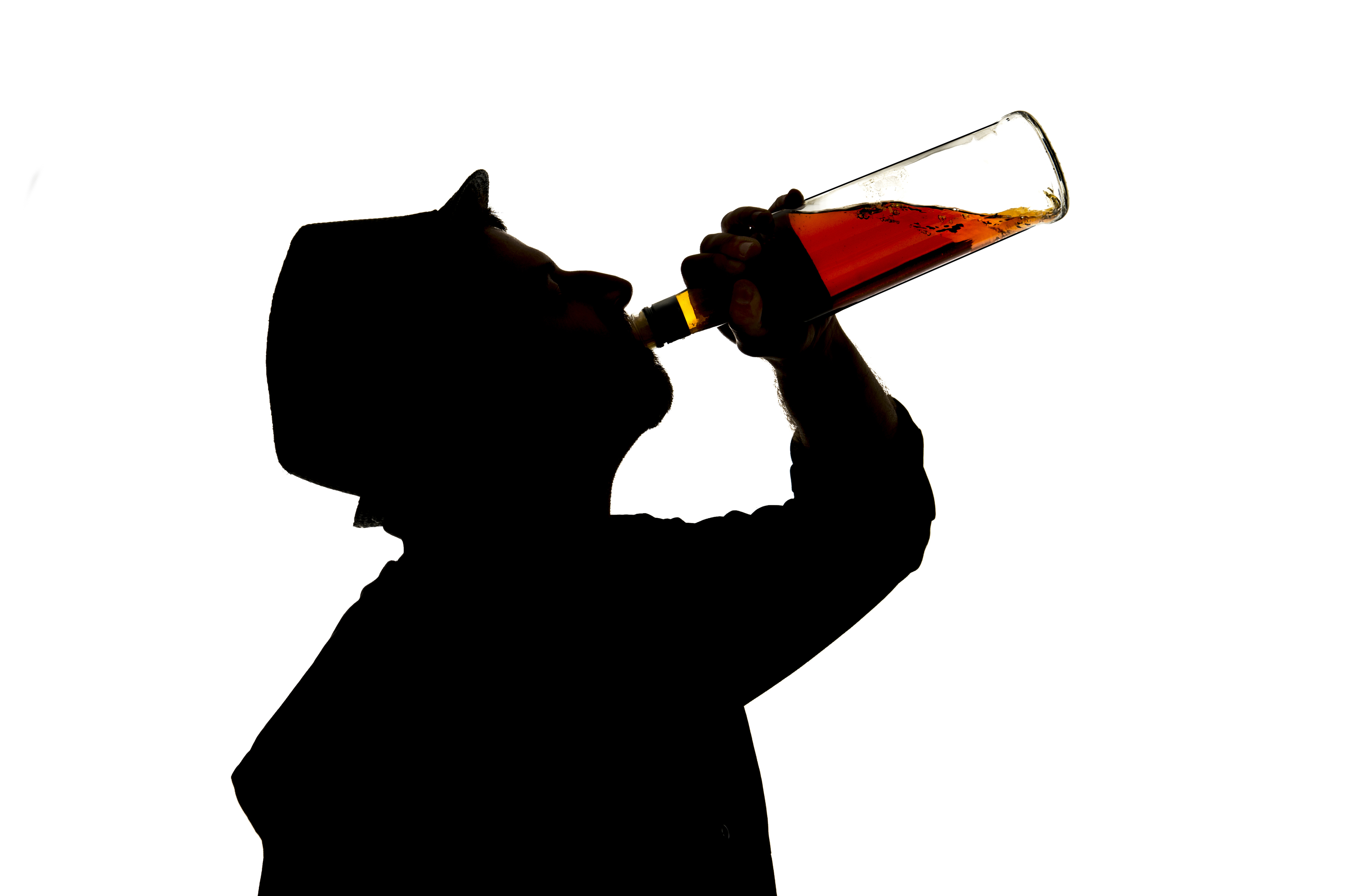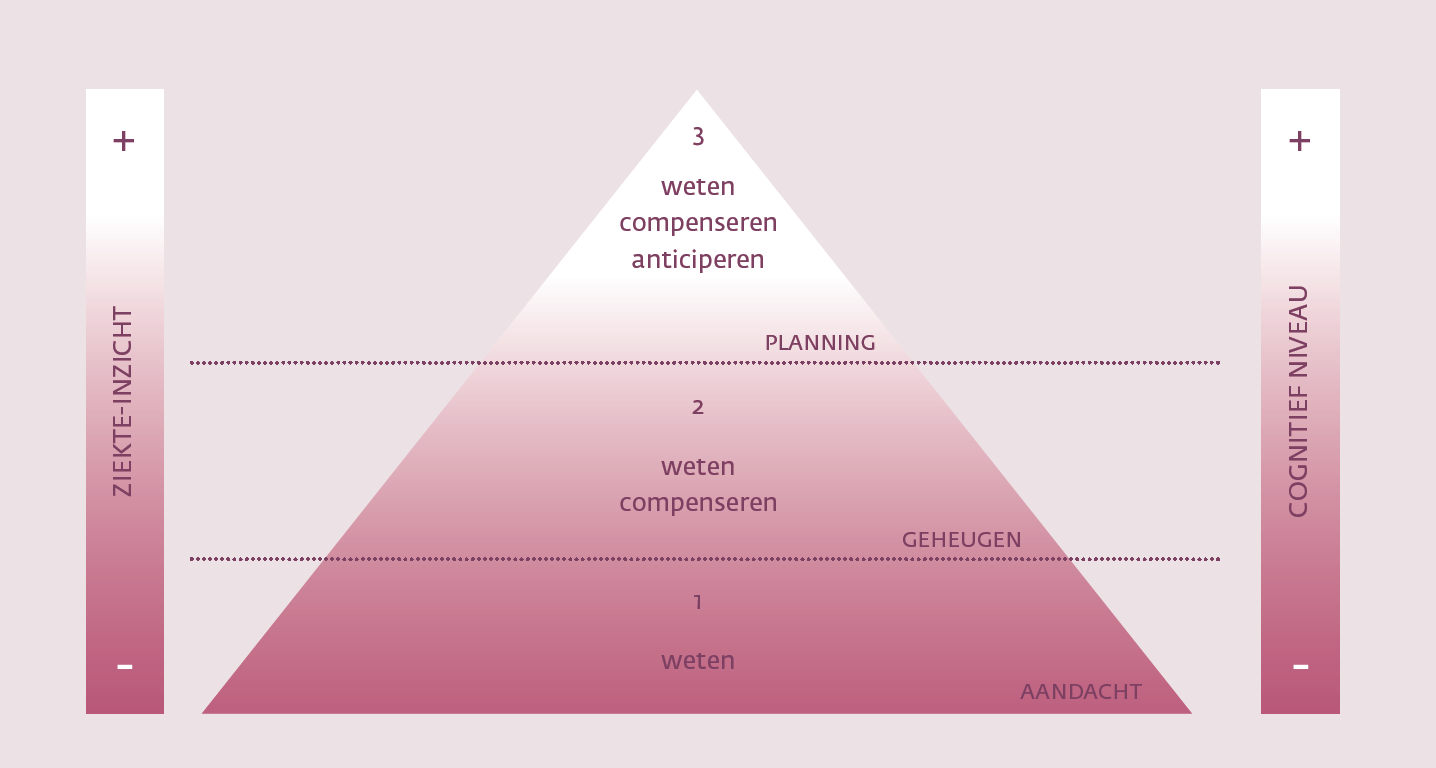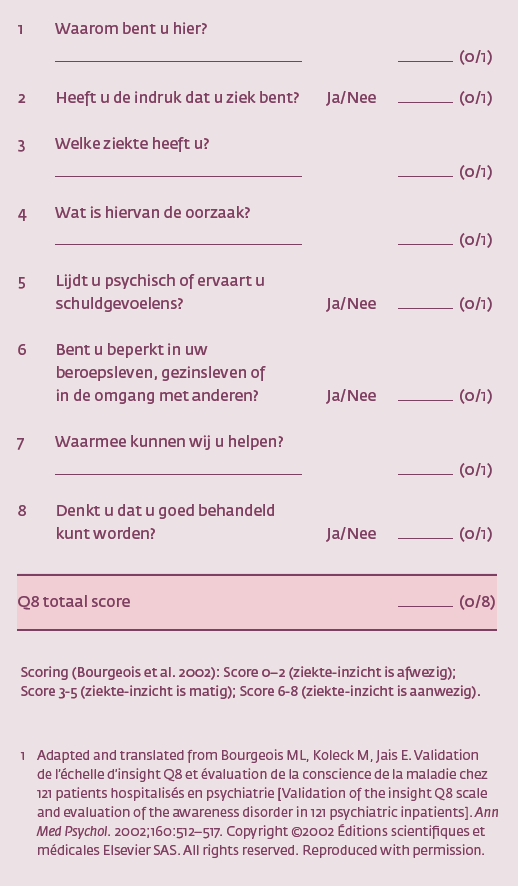Neurocognitieve stoornissen bij patiénten met AUD
Jarenlang overmatig alcoholgebruik met daarbij een slecht en onregelmatig eetpatroon kan leiden tot stoornissen in het cognitief functioneren (Crews et al., 2005; Harper, 2009; Kalivas & Volkow, 2005; McCrady & Smith, 1986; Oscar- Berman & Marinkovic, 2007)16253152. Een alcoholinname van meer dan 21 glazen per week blijkt een risicofactor te zijn voor het ontwikkelen van neurocognitieve stoornissen door alcohol (Jue & Schilt, 2009)24. Geschat wordt dat er bij ongeveer de helft van de patiënten met Alcohol Use Disorders (AUD), sprake is van neurocognitieve stoornissen ten gevolge van het alcoholgebruik (Bruijnen et al., 2016)12. Deze neurocognitieve stoornissen kunnen optreden ruim voordat neurologische verschijnselen, zoals loopstoornissen, oogbewegingsstoornissen en verwardheid, zichtbaar zijn. Bij ongeveer tien procent van de patiënten met AUD is sprake van ernstige neurocognitieve stoornissen, bijvoorbeeld het syndroom van Korsakov (Rourke & Grant, 2009; Dry et al., 2012)1940. Bij patiënten met een dergelijke



